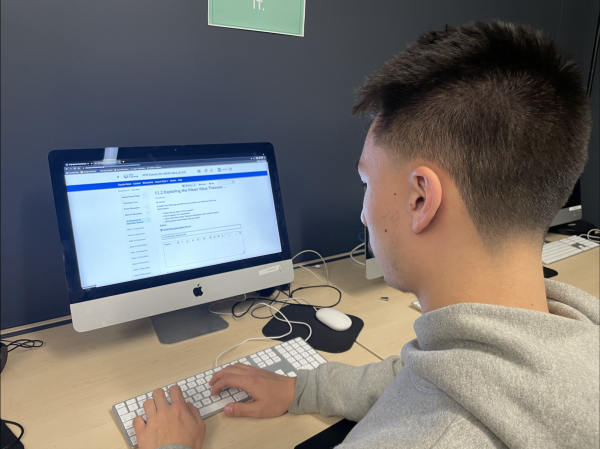Procrastination: Less Stress, But Still Problematic
January 11, 2023
Benjamin Franklin once said, “Don’t put off until tomorrow what you can do today”. Over time, it becomes a habit for many people to start pushing the work that they need to finish forward, otherwise known as procrastination.
Procrastination is defined as delaying or postponing something that you will do later the same day or on another day. Even when it came to writing this article, I was procrastinating. This is one habit I am trying to change, and if it is a habit for you, then you should as well.
The process of procrastinating mostly wastes time for people, but it can also cause anxiety. Usually, this will make people less stressed and more relaxed, but not finishing something when you have the chance can cause you to be more stressed in the future. This is especially true when you have to do this action right only a little before the time you have to finish it.
Procrastinating can also make you get less sleep. For me, I always go to sleep late because I delay my work for school. This causes me to do my work last minute and stay up later, which results in worse mental health. When this happens, the next day if I have school, I will not get enough sleep, be tired all day, and have a harder time thinking and staying focused. This causes people to be less productive and effective when it comes to doing work, and procrastinating excessively will make these effects much worse.
When doing something important, you should always consider these effects of procrastinating. Although I do it often, my New Year’s resolution is to do it less. This will take time as you can’t change your habits right away, so if anyone else has a habit of procrastinating, you should try to change it too. While the habit can have positive effects, it is never something to turn to right away.











